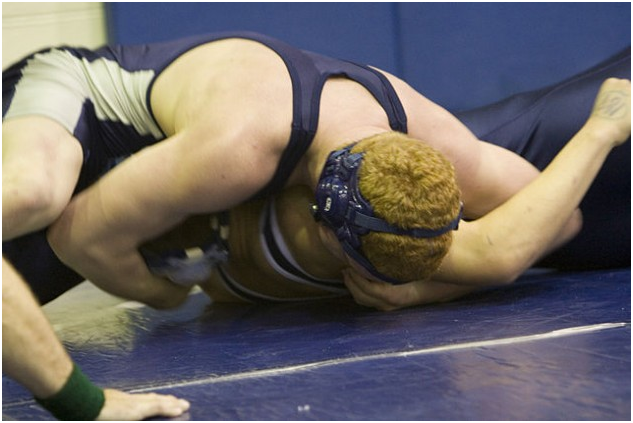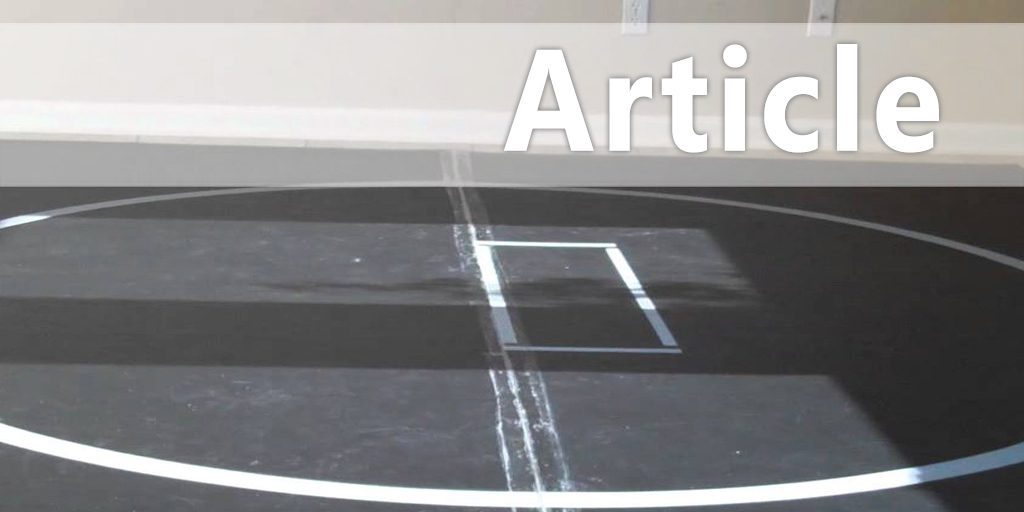|
4 Ways to Maintain Motivation During Wrestling
 Here are four sport psychology tips to help you keep the best mindset for wrestling practice. Understand Your Motivation Simply put, motivation is why you do something, the reason behind your willingness to put effort into it. There are two types: intrinsic and extrinsic. Intrinsic motivation comes from within you, making it a more powerful source. For example, you might enjoy practice because working hard makes you feel energized. Extrinsic motivation comes from an outside source, like winning an award or a coach threatening to replace you. There is nothing wrong with the occasional extrinsic motivator, but most of your motivation should be intrinsic. Bringing the intrinsic reasons why you wrestle to practice will make it go much smoother. Wrestling for the pure love of the sport can be a powerful motivator, outweighing the challenges of practices. Build a Positive Attitude To begin building a positive attitude, you have to change negatives into positives. A great opportunity is presented by that especially challenging drill, the one you hate because it reveals a weakness in your abilities. Instead of focusing on that, think of how the drill will make you a stronger wrestler and a fiercer competitor. The second step in building a positive attitude comes in your interactions with teammates. Compliment them for things they are doing well. For instance, maybe your partner made a great reversal on you. Rather than internalize it as mistake on your part, tell your partner how well he did. You can lift his spirits and improve the atmosphere for the whole team with simple positive interactions. Attitudes are contagious. Set Practice Goals Goals are important because they provide direction for your actions. Although you can't always choose your practice drills, you can create a goal around them to make you better. Try thinking only positive thoughts. Avoid outcome goals, like extrinsic motivation, for which you're not completely in control. This can end up frustrating you more than helping you.
Have Fun This is often forgotten in the midst of intense training. Smile and laugh every once in awhile. It can make practice go by much quicker. Chat with your teammates during water breaks. This alleviates tension. If you can't have fun, practice becomes more of a chore to be dreaded than a chance to improve your skills. About the Expert While getting her bachelor's degree in Psychology from the University of Redlands, McCarthy played ice hockey for four years on the men’s D-III varsity, leading the team as a captain during her last two years. She earned her master's in Sport Psychology from John F. Kennedy University, and her thesis explored the experience, honor and sacrifice of being an elite ice hockey captain. |
|
|







